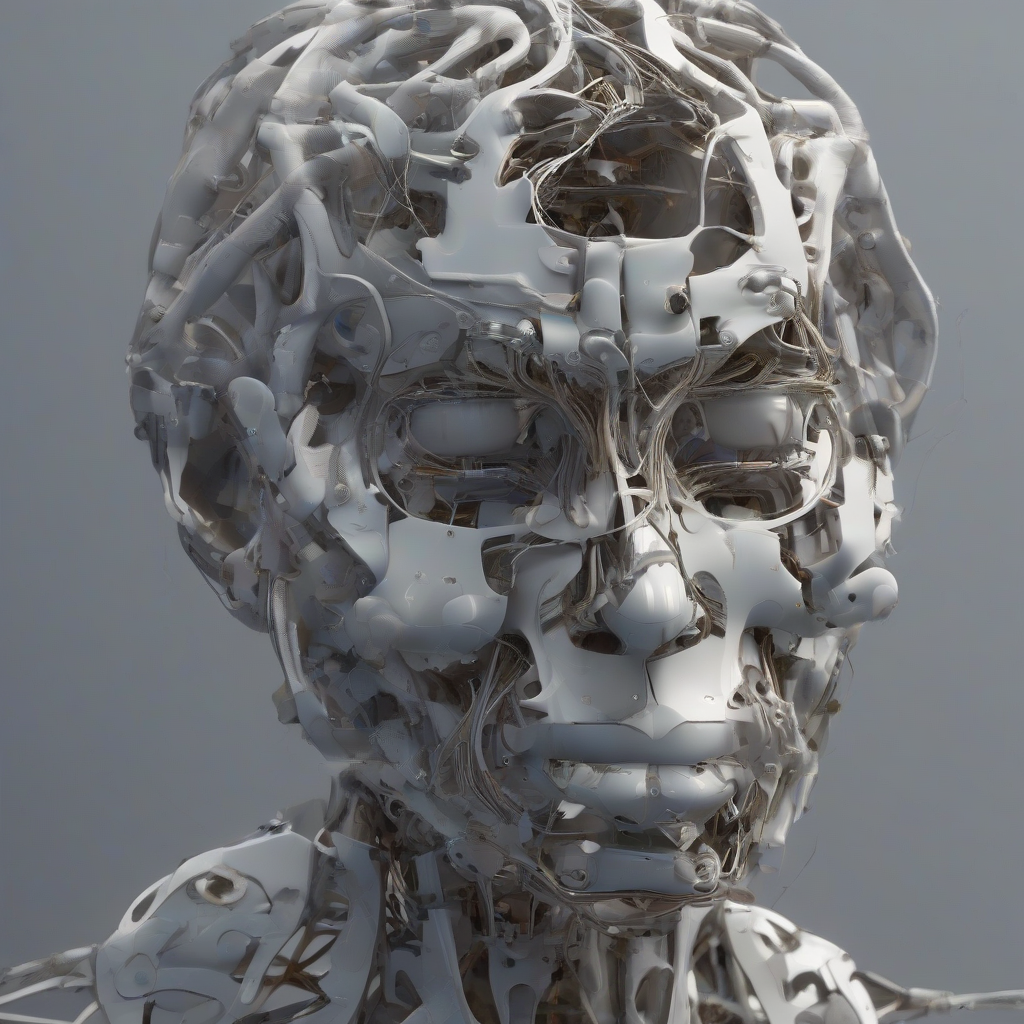Addiction Help: A Comprehensive Guide to Understanding and Overcoming Addiction
Addiction is a complex and multifaceted issue that affects millions of people worldwide. It is a chronic disease characterized by compulsive drug seeking and use, despite harmful consequences. Addiction can manifest in various forms, from substance abuse to behavioral addictions, and can have devastating impacts on individuals, families, and communities.
Understanding Addiction
Addiction is a brain disease that alters the brain’s reward system, making it difficult to stop using the substance or engaging in the behavior, even when it is causing harm. The reward system is a network of brain structures that control feelings of pleasure and motivation. When a person uses a drug or engages in a behavior that they are addicted to, their brain releases dopamine, a neurotransmitter associated with pleasure. Over time, the brain adapts to the constant influx of dopamine, and the person needs more of the drug or behavior to achieve the same level of pleasure. This can lead to tolerance, dependence, and eventually addiction.
Addiction is often a result of a combination of factors, including:
- Genetics: Research has shown that genetics play a role in addiction. Individuals with a family history of addiction are more likely to develop an addiction themselves.
- Environment: The environment in which a person grows up can also influence their risk of developing an addiction. Exposure to drugs or alcohol, trauma, and stress can all increase the risk of addiction.
- Social factors: Peer pressure, social isolation, and cultural norms can also contribute to addiction.
- Mental health: Mental health disorders, such as depression, anxiety, and trauma, are often associated with addiction.
Types of Addiction
Addiction can manifest in various forms, including:
- Substance abuse: This includes addiction to drugs such as alcohol, opioids, stimulants, and sedatives.
- Behavioral addictions: This includes addictions to activities such as gambling, sex, shopping, and video games.
- Process addictions: This includes addictions to activities such as work, exercise, and relationships.
Signs and Symptoms of Addiction
The signs and symptoms of addiction can vary depending on the substance or behavior involved, but some common signs include:
- Compulsive use: The person feels an overwhelming urge to use the substance or engage in the behavior.
- Tolerance: The person needs to use more of the substance or engage in the behavior to get the same effect.
- Withdrawal symptoms: The person experiences unpleasant symptoms when they try to stop using the substance or engaging in the behavior.
- Neglect of responsibilities: The person may neglect their work, family, and other responsibilities in favor of using the substance or engaging in the behavior.
- Legal or financial problems: The person may experience legal or financial problems as a result of their addiction.
- Physical and mental health problems: Addiction can lead to a variety of physical and mental health problems, such as liver disease, heart disease, depression, and anxiety.
Getting Help for Addiction
If you or someone you know is struggling with addiction, there is help available. The first step is to seek professional help. A healthcare professional can assess the situation and recommend appropriate treatment options. Treatment options for addiction may include:
- Detoxification: This is a process of safely removing the substance from the body.
- Therapy: Therapy can help individuals to understand their addiction, develop coping skills, and manage their cravings.
- Medication: Medication can help to reduce withdrawal symptoms and cravings.
- Support groups: Support groups provide a safe and supportive environment for individuals to share their experiences and connect with others who understand what they are going through.
- Lifestyle changes: Making lifestyle changes, such as eating a healthy diet, exercising regularly, and getting enough sleep, can help to improve overall health and well-being.
Types of Treatment for Addiction
Treatment for addiction can vary depending on the individual and the type of addiction. Common types of treatment include:
- Behavioral therapies: These therapies aim to help individuals change their thoughts and behaviors related to their addiction. Examples of behavioral therapies include cognitive behavioral therapy (CBT), motivational interviewing, and contingency management.
- Pharmacotherapies: These therapies use medications to manage withdrawal symptoms, reduce cravings, and prevent relapse. Examples of pharmacotherapies include methadone, naltrexone, and buprenorphine.
- Group therapy: This type of therapy involves a group of people who share similar experiences and goals. It can provide support, education, and coping skills.
- Family therapy: This type of therapy involves the individual and their family members. It can help to improve communication and address family dynamics that may contribute to the addiction.
Preventing Relapse
Relapse is common in addiction recovery. It is important to be prepared for the possibility of relapse and to develop strategies for coping with it. Some strategies for preventing relapse include:
- Continuing therapy: Ongoing therapy can help to prevent relapse by providing support, coping skills, and relapse prevention strategies.
- Attending support groups: Support groups can provide a sense of community and connection, and can help individuals to stay on track in their recovery.
- Avoiding triggers: Identifying and avoiding triggers can help to prevent relapse. Triggers are people, places, or situations that may increase the risk of using the substance or engaging in the behavior.
- Building a support system: Having a strong support system can help individuals to stay motivated and accountable in their recovery.
- Making healthy lifestyle changes: Making healthy lifestyle changes, such as eating a healthy diet, exercising regularly, and getting enough sleep, can improve overall health and well-being and reduce the risk of relapse.
Resources for Addiction Help
There are many resources available to help individuals who are struggling with addiction. Some resources include:
- National Institute on Drug Abuse (NIDA): NIDA is a federal agency that provides research, treatment, and prevention information about drug addiction. Their website provides a wealth of information on addiction, including signs and symptoms, treatment options, and resources for finding help.
- Substance Abuse and Mental Health Services Administration (SAMHSA): SAMHSA is a federal agency that provides information and resources about mental health and substance abuse. Their website includes a directory of treatment facilities, information about addiction prevention, and resources for families and loved ones.
- Alcoholics Anonymous (AA): AA is a 12-step program that provides support and guidance to individuals who are struggling with alcohol addiction. AA meetings are held regularly in communities around the world.
- Narcotics Anonymous (NA): NA is a 12-step program that provides support and guidance to individuals who are struggling with drug addiction. NA meetings are held regularly in communities around the world.
- SMART Recovery: SMART Recovery is a self-help program that provides tools and strategies for overcoming addiction. SMART Recovery emphasizes a rational and self-empowering approach to recovery.
Conclusion
Addiction is a complex and challenging disease, but it is treatable. With professional help, support, and a commitment to recovery, individuals can overcome addiction and live fulfilling lives. If you or someone you know is struggling with addiction, please reach out for help. There are resources available to support you on your journey to recovery.








